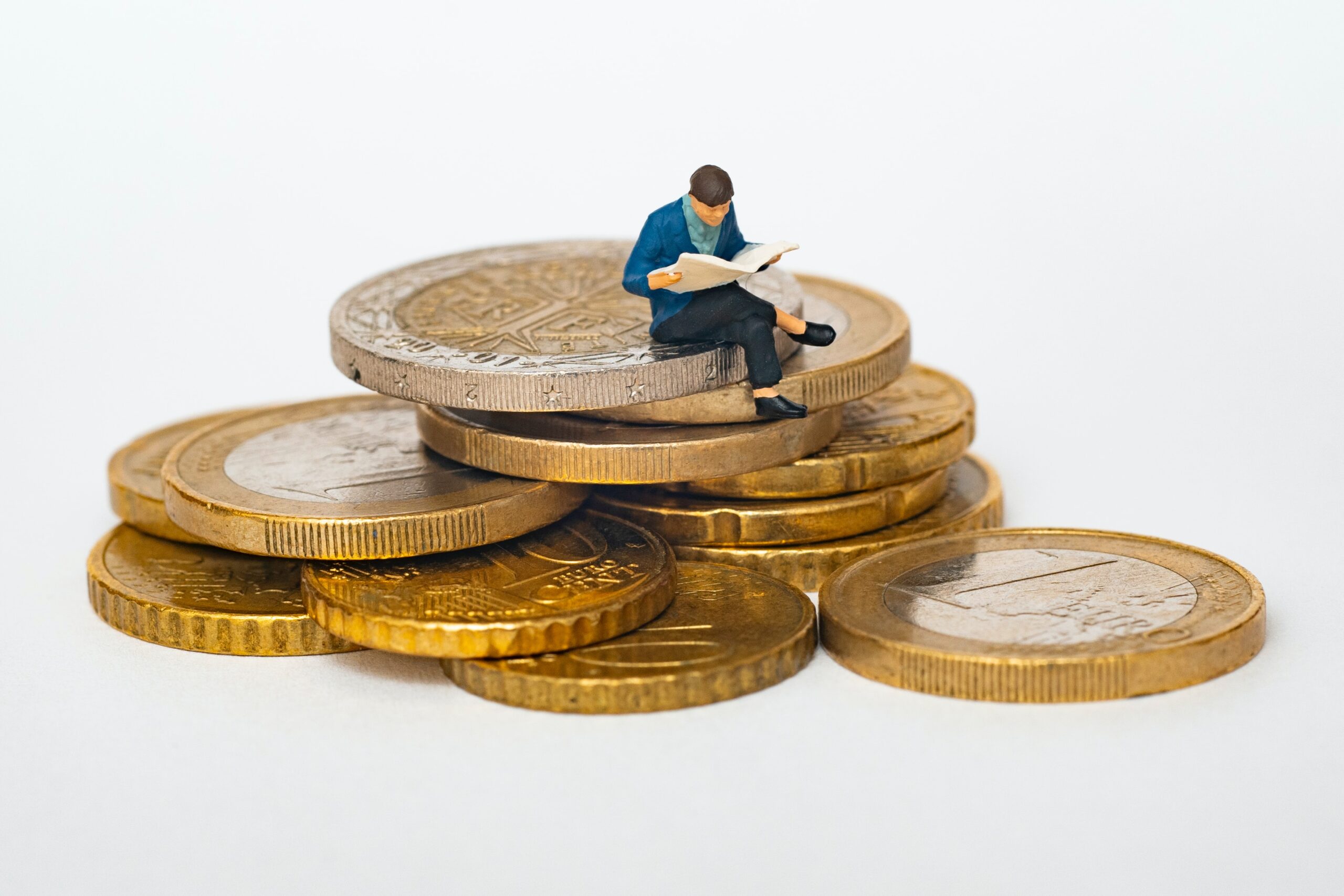
Financial inclusion is the ability for individuals and businesses to access financial services and products, such as banking, credit, and insurance.
It is a crucial aspect of economic development and poverty reduction, as it allows individuals to save, invest, and plan for the future. However, many individuals and businesses, particularly in developing countries, are excluded from the formal financial system.
According to the latest data from the World Bank, 1.4 billion adults globally remain unbanked, without access to basic financial services.
This lack of access to financial services can trap individuals and businesses in a cycle of poverty, as they are unable to access credit to start or grow a business, save for emergencies, or plan for the future.
Read More: Exciting Waya Joins Fintech Space, Promises Financial Immigrants Inclusion
One of the key benefits of financial inclusion is the ability for individuals and businesses to build credit. Having a credit history is essential for accessing loans, credit cards, and other financial products.
However, without access to traditional banking services, many individuals and businesses are unable to establish a credit history. This makes it difficult for them to access credit and can limit their ability to start or grow a business.
Financial inclusion also promotes economic growth by providing individuals and businesses with the tools they need to save and invest. By having access to savings and investment products, individuals and businesses can plan for the future and invest in their own development.
This can lead to increased productivity and economic growth, ultimately lifting individuals and businesses out of poverty.
Fintech companies like Waya are at the forefront of this effort, using technology to reach underserved and unbanked populations and provide them with the financial services they need to build a better future.
The use of technology, like mobile banking and digital wallets, allows Waya to reach individuals and businesses that may not have been able to access traditional banking services.
This is especially important in developing countries where a large portion of the population may not have access to physical banks or may not have the necessary identification documents to open a bank account.
Furthermore, by digitizing banking and making it accessible to all, Waya is working to create a more financially inclusive world. This is essential for economic development and poverty reduction, as it allows individuals and businesses to access the tools they need to build a better future.
Additionally, Waya’s mission to digitize banking for underserved and unbanked populations is in line with the United Nations’ Sustainable Development Goal (SDG) of promoting financial inclusion and access to financial services for all.
Read More: How Waya Helps Immigrants In The US Gain Financial Inclusion
But Waya is not only helping people to access financial services, but we are also providing them with a simple, fast, and secure way to make transactions and manage their money, which is important for people who don’t have access to banking services.
Waya’s digital banking solution is designed to be user-friendly and easy to use, even for individuals who may not have a lot of experience with technology.
This makes it accessible to a wide range of individuals and businesses, including those who may not have been able to access traditional banking services.
Understanding financial inclusion and why it matters is crucial for economic development and poverty reduction.
So, if you’re looking for a fintech solution that can help you to manage your money in a simple, fast, and secure way, Waya is the answer.